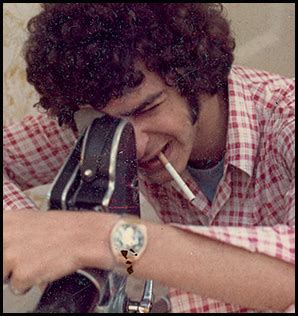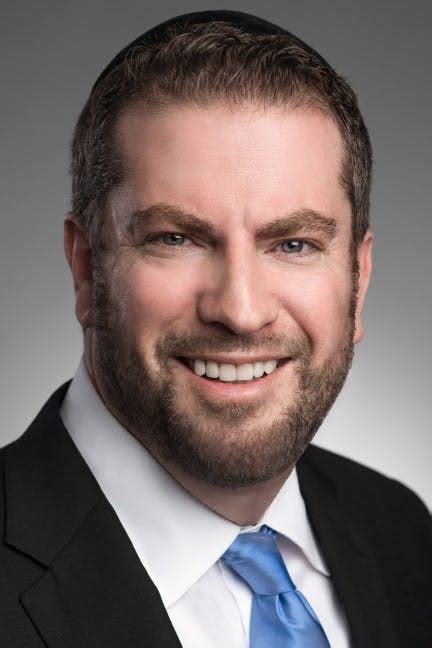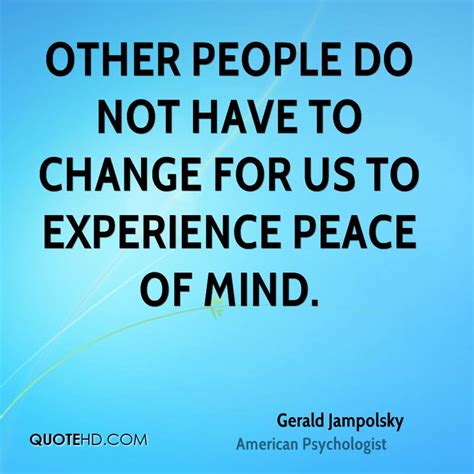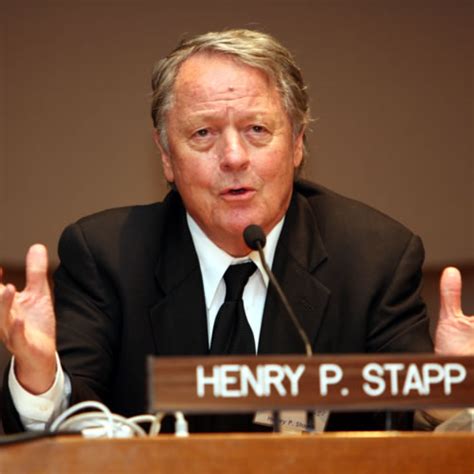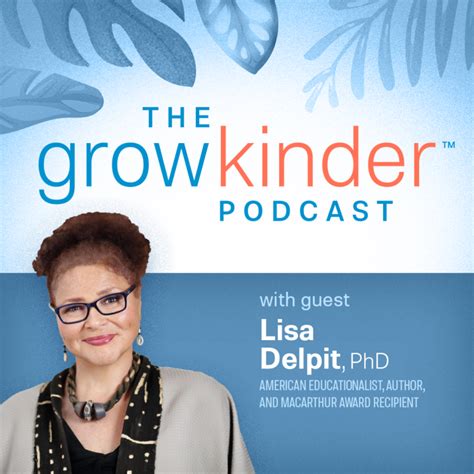A Quote by Iyanla Vanzant
Our beliefs are what create our experiences. As we change our beliefs, we alter our perception, our version of reality.
Quote Topics
Related Quotes
Our negative thoughts are valuable messages to us about our deeper fears and negative attitudes. These usually are so basic to our thinking and feeling that we don't realize they are beliefs at all. We assume that they are simply "the way life is." We may be consciously affirming and visualizing prosperity, but if our unconscious belief is that we don't deserve it, then we won't create it. Once we become aware of our core negative beliefs, they begin to heal.
We forget that we create the situations, then we give our power away by blaming the other person for our frustration. No person, no place, and no thing has any power over us, for “we” are the only thinkers in our mind. We create our experiences, our reality, and everyone in it. When we create peace and harmony and balance in our mind, we will find it in our lives.
Our experience of reality is the result of the magical alchemy of the creation of our thoughts, our beliefs, our decisions, our attitudes, our feelings. All of these are, for the most part, unconscious. Mindfulness allows us to watch these thoughts and choices and decisions without being triggered and having to take action and give meaning.
More and more people are beginning to feel that there must be another way of thinking, perceiving, and acting. And perhaps the beginning of another way of looking at the world is to re-evaluate all of our beliefs. It is, after all, our beliefs that determine what we are, experience, and expect. When we are willing to take a new look at our own beliefs, we then have an opportunity to begin rediscovering who and what we are and to redetermine our true purpose on Earth.
Our beliefs about ourselves in relation to the world around us are the roots of our values, and our values determine not only our immediate actions, but also, over the course of time, the form of our society. Our beliefs are increasingly determined by science. Hence it is at least conceivable that what science has been telling us for three hundred years about man and his place in nature could be playing by now an important role in our lives.
The birth of excellence begins with our awareness that our beliefs are a choice. We usually don't think of it that way, but belief can be a conscious choice. You can choose beliefs that limit you, or you can choose beliefs that support you. The trick is to choose the beliefs that are conducive to success and the results you want and to discard the ones that hold you back.
We do not really see through our eyes or hear through our ears, but through our beliefs. To put our beliefs on hold is to cease to exist as ourselves for a moment -- and that is not easy ... but it is the only way to learn what it might feel like to be someone else and the only way to start the dialogue.






